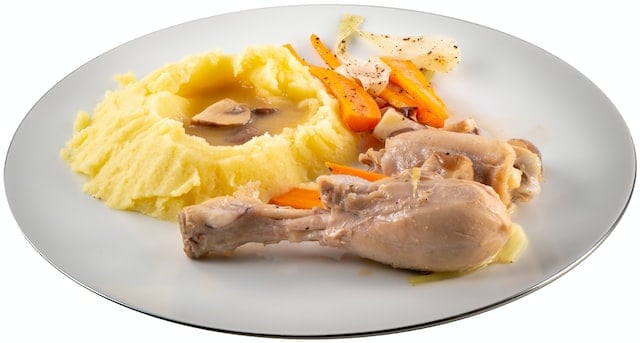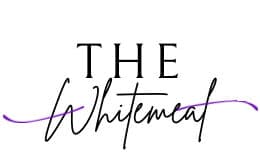Oftentimes, the whole confusion as to where a certain food lies in the food grouping scheme arises from the fact that we try to look up things (at the same time) using two different lenses: the nutritional and food group lens.
You have to understand that there are multitudes of ways that a single food can be grouped in the culinary and nutritional world. And aside from this fact also, there is a profound difference between classes of nutrition and food groups.
Food grouping is a way of organizing foods according to the similarities they share biologically and also nutrition wise.
One of the most common food grouping scheme out there outlines entries such as: fruits, veggies, cereals and legumes (grains), meat (protein), fats and oils (confections sugary foods) and water.
Classes of nutrition on the other hand outlines the various types of benefits obtained from consuming these food items, and these are outlined as: carbs, protein, fat, minerals, vitamins, fibers and water.
Now a food will belong to a certain food group and at the same time provide some of the nutrients outlined in the nutritional classification scheme, but what makes a food predominantly of a certain nutritional class is the “quantity” of such nutrition it supplies when compared to other food items.
The rest of the article explains what nutritional class and food group mashed potatoes belong to.

What is considered a vegetable?
Based on modern definition, a food item is considered a vegetable when it is sourced from a plant. Going with this definition, it means that even fruits themselves, which happen to fall under a different food group in many food grouping schemes can be classified as vegetables.
Vegetables include the flowers, stems, stalk, roots, leaves and seeds of plant items. Popular examples of vegetables include ginger root, cucumber, spinach, broccoli as well as potatoes themselves.
What food group does potato belong to?
We’re all conversant with one of the popular food grouping schemes that divides food items into 6 different categories which include: Vegetables, Fruits, Grains, Protein, Fats and Oils and Water.
Quite easily, we can categorize potatoes as vegetables because they are derived from the root portion of the potato plant.
When it comes to what type of vegetable a potato is, that is where the distinction is made that a potato is a starchy vegetable, which means that it supplies carbohydrates to the body; and that is what its nutritional classification would be.
The other members that make up the vegetable group such as dark greens, deep yellow, dry beans and peas can be collected and grouped into the non-starchy vegetables, making up the popular two classification scheme of vegetables; the starchy and non-starchy vegetables.
It’s quite common to see comparisons made between starchy vegetables and non-starchy vegetables. And the main difference between the two is that the former has a high amount of starch compared to the latter.
Because they have more starch in them, starchy vegetables provide more calories in comparison to the other types of vegetables and at the same time also, offer the lots of vitamins and minerals that non-starchy vegetables also provide.
Do mashed potatoes count as a vegetable serving?
Your mashed potato would count as a vegetable serving, but then you’ll have to take note that it would also provide you with carbs, and therefore more calories.
According to many health authorities, it is always a good idea to try and balance things out when it comes to your nutrition, which is where the popular balanced diet scheme comes from.
So if you’re taking starchy vegetables that would provide you with a lot of carbs, then make sure to make provision in your diet for portions of non-starchy vegetables and not rely solely on starchy vegetables to fulfill your daily vegetable needs.
In that way, you would be providing the body with the necessary minerals and vitamins to sustain it.
Now, take note also, that mashed potatoes can be made using many different ingredients each having or bringing forth their own various nutritional profiles.
So the nutritional composition of your mashed potatoes can dramatically change when you deviate from the most basic recipe which includes potatoes, milk and seasoning.
In that course, you can have your mashed potatoes not only supplying you with carbs, but with protein and even fats and oil. So you need to take note of these and adjust the diet accordingly to ensure things balance out at the end of the day.

